Understanding HDPE Coil Pipe and HDPE Pipe Coil
What is HDPE Coil Pipe?
HDPE coil pipe is a type of flexible plastic pipe made from high-density polyethylene. It is typically supplied in coiled lengths, which reduces the need for joints and fittings. This makes it an efficient and practical choice for a wide range of applications.
Key Features
Durability: Resistant to corrosion, abrasion, and chemicals, HDPE coil pipe offers a lifespan of over 50 years.
Flexibility: Can be easily bent and installed in various configurations, ideal for difficult terrains.
Lightweight: Easier to handle and install compared to traditional materials.
Leak-Free Joints: Heat fusion creates strong, seamless joints that minimize leak risks.
Cost-Effective: Reduced installation and maintenance costs, combined with a long service life.
Advantages of HDPE Coil Pipe
Longevity and Reliability
HDPE coil pipes are built to last, withstanding harsh environmental conditions and minimizing the need for frequent replacements and repairs. This long lifespan translates to significant cost savings over time.
Ease of Installation
The flexibility and lightweight nature of HDPE coil pipes make them easy to transport and install. This reduces labor costs and installation time, making them a preferred choice for many projects.
Environmental Benefits
HDPE is recyclable, contributing to sustainable construction practices. The reduced need for joints and fittings minimizes the risk of leaks and environmental contamination.
Versatility
HDPE coil pipes are suitable for a wide range of applications, from residential water supply to industrial and agricultural uses. Their adaptability ensures consistent performance across various sectors.
Applications of HDPE Coil Pipe
Water Supply Systems
HDPE coil pipes are extensively used in potable water supply systems due to their corrosion resistance and ability to maintain water quality. Their flexibility allows for installation in challenging terrains, ensuring reliable water distribution.
Agricultural Irrigation
In agriculture, HDPE coil pipes are used for efficient irrigation systems. Their durability and flexibility allow for easy layout in fields and gardens, ensuring optimal water distribution and minimizing water wastage.
Gas Distribution
HDPE pipes are ideal for gas distribution networks, providing a safe and reliable means of transporting natural gas and propane. Their leak-free joints and chemical resistance make them an ideal choice for gas utilities.
Sewage and Drainage Systems
HDPE coil pipes are used in sewage and drainage systems due to their ability to withstand the corrosive nature of wastewater. They ensure efficient waste management and prevent environmental contamination, making them essential for urban infrastructure.
Industrial Applications
In industrial settings, HDPE pipes are used for transporting chemicals, slurry, and other hazardous materials. Their chemical resistance and durability make them suitable for harsh industrial environments, ensuring safe and reliable material handling.
Mining and Slurry Applications
HDPE coil pipes are used in mining operations for transporting slurry and other abrasive materials. Their abrasion resistance and flexibility make them ideal for handling the demanding conditions of mining, ensuring efficient and reliable material transport.
Detailed Benefits and Technical Specifications
Chemical Resistance
HDPE coil pipes offer exceptional resistance to a wide range of chemicals, making them suitable for transporting hazardous materials. This feature is crucial for industrial applications where chemical exposure is a common concern.
Temperature Tolerance
HDPE pipes can withstand a broad range of temperatures without losing their structural integrity. This makes them ideal for applications involving extreme heat or cold, such as geothermal systems or cold climate installations.
Pressure Ratings
HDPE coil pipes come in various pressure ratings, allowing for customization based on specific project requirements. This flexibility ensures that the pipes can handle different levels of pressure without compromising performance.
Reduced Leakage
The heat fusion method used to join HDPE pipes creates robust, leak-free connections. This is particularly important for applications involving potable water or gas distribution, where leaks can lead to significant safety and health risks.
Advanced Applications
Marine and Offshore Applications
HDPE pipes are used in marine environments for applications like dredging, outfall lines, and seawater intake. Their resistance to saltwater and marine organisms makes them a reliable choice for such demanding conditions.
Firewater Systems
HDPE coil pipes are increasingly used in firewater systems due to their reliability and durability. Their ability to maintain integrity under high-pressure conditions makes them suitable for emergency water supply systems.
Trenchless Technology
HDPE pipes are ideal for trenchless installation methods, such as horizontal directional drilling (HDD) and pipe bursting. These methods minimize surface disruption and are cost-effective for urban and environmentally sensitive areas.
Future Trends in HDPE Pipe Technology
Smart Piping Systems
The integration of smart technology in HDPE piping systems is an emerging trend. Sensors embedded in the pipes can monitor pressure, temperature, and flow rates in real-time, providing valuable data for maintenance and operational efficiency.
Sustainable Practices
As sustainability becomes a focal point in construction and industrial practices, HDPE pipes' recyclability and long lifespan make them an attractive option. Innovations in recycling methods and materials science continue to enhance the environmental benefits of HDPE piping solutions.
Enhanced Material Properties
Ongoing research and development aim to improve the material properties of HDPE pipes. Advances in polymer chemistry could lead to even greater durability, flexibility, and chemical resistance, expanding the range of applications for HDPE coil pipes.
HDPE coil pipe and HDPE pipe coil offer numerous advantages, including durability, flexibility, lightweight, and chemical resistance. These properties make them an ideal choice for a variety of applications, from water supply and irrigation to gas distribution and industrial uses. By following SEO best practices, this article aims to provide valuable information to readers while improving website traffic and search engine rankings. Understanding the benefits, applications, and future trends of HDPE coil pipes can help industry professionals make informed decisions and optimize their piping solutions.
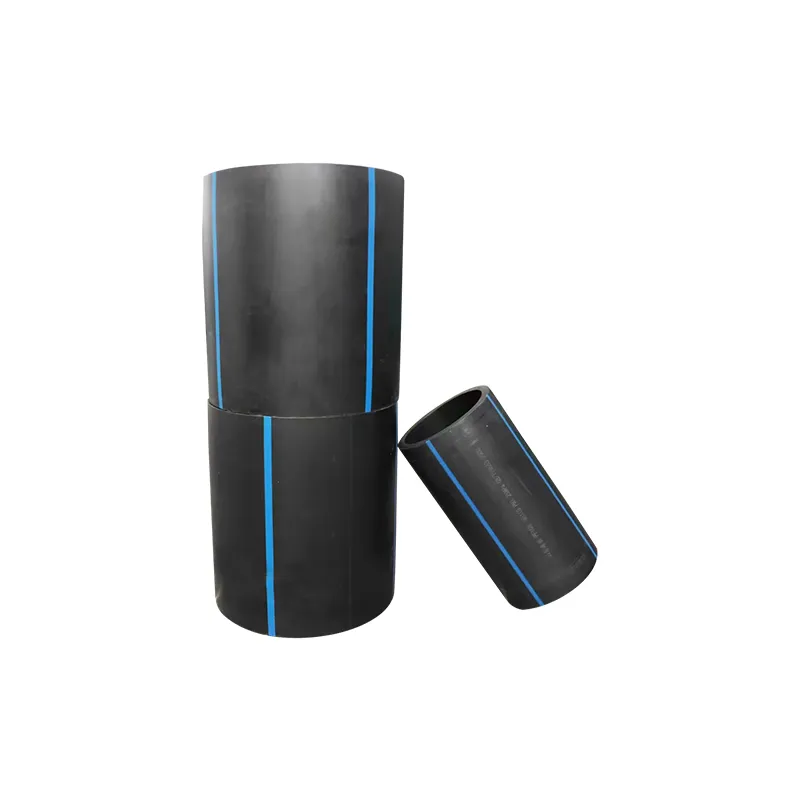
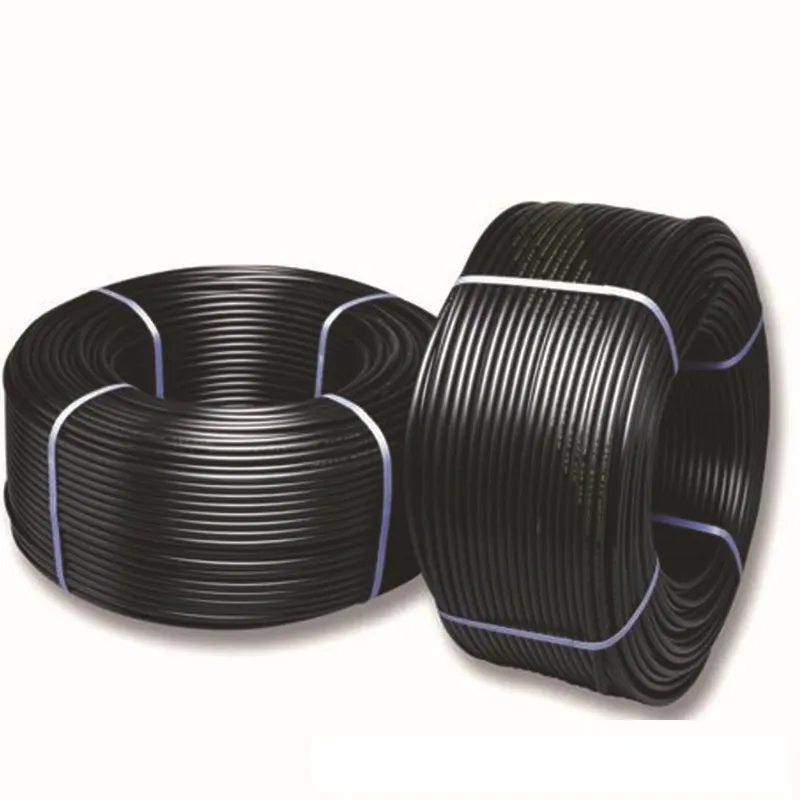
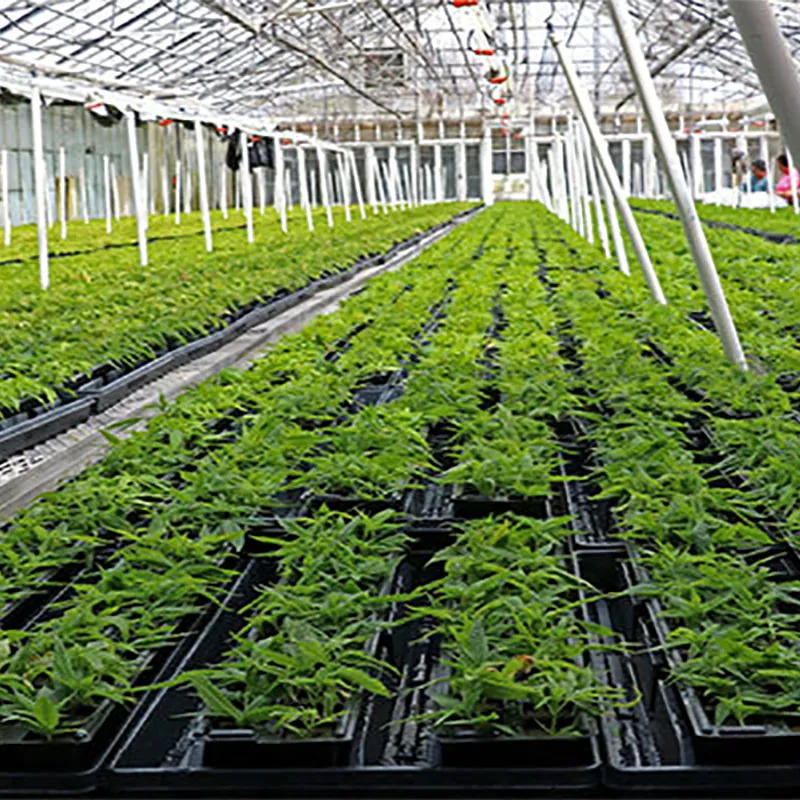
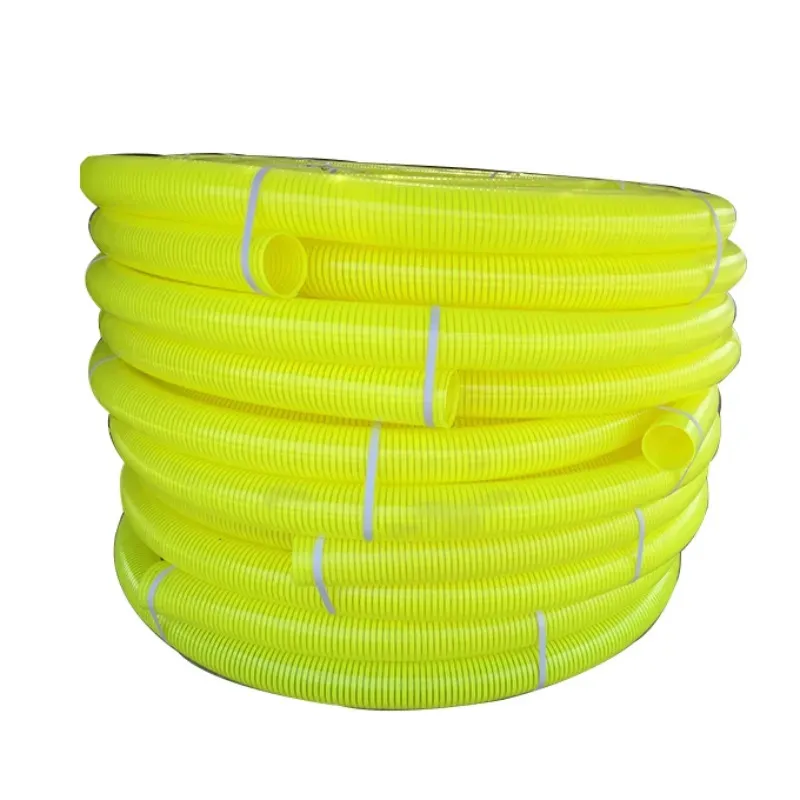
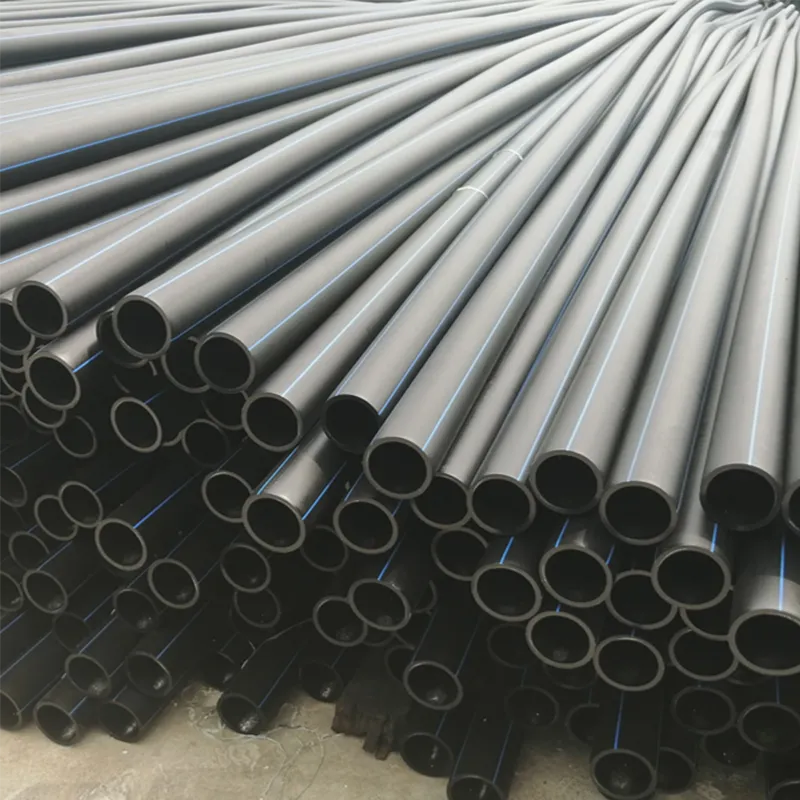
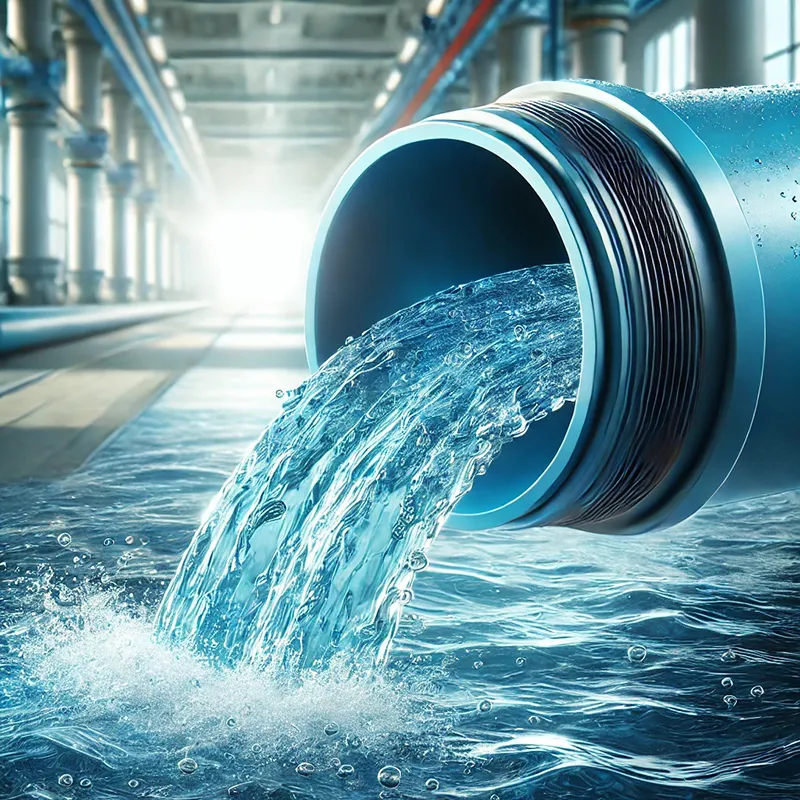
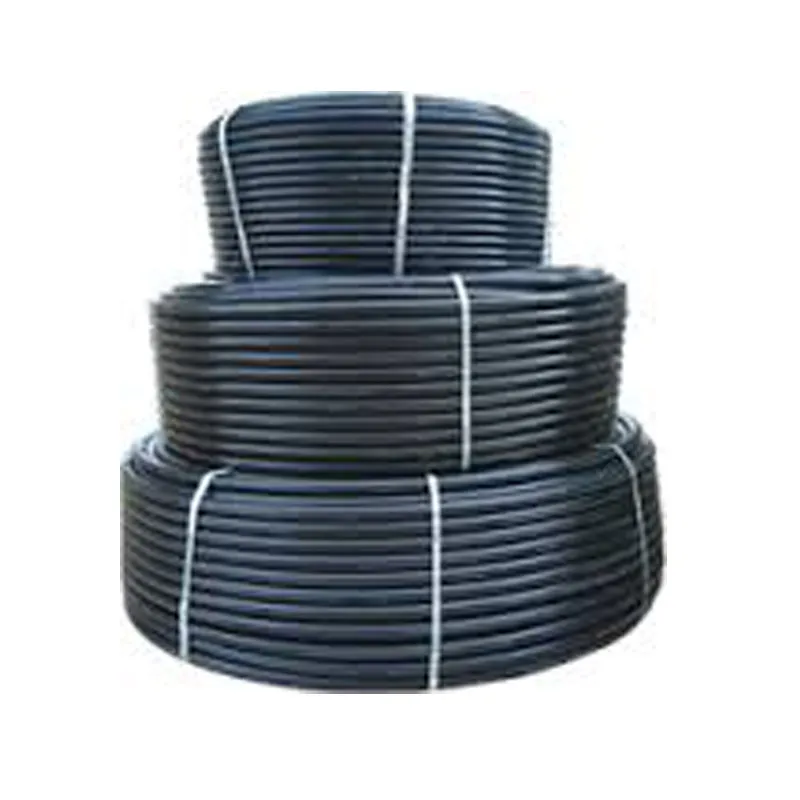
294.webp)
476.webp)
420.webp)
146.webp)
460.webp)
287.webp)
274.webp)
688.webp)


